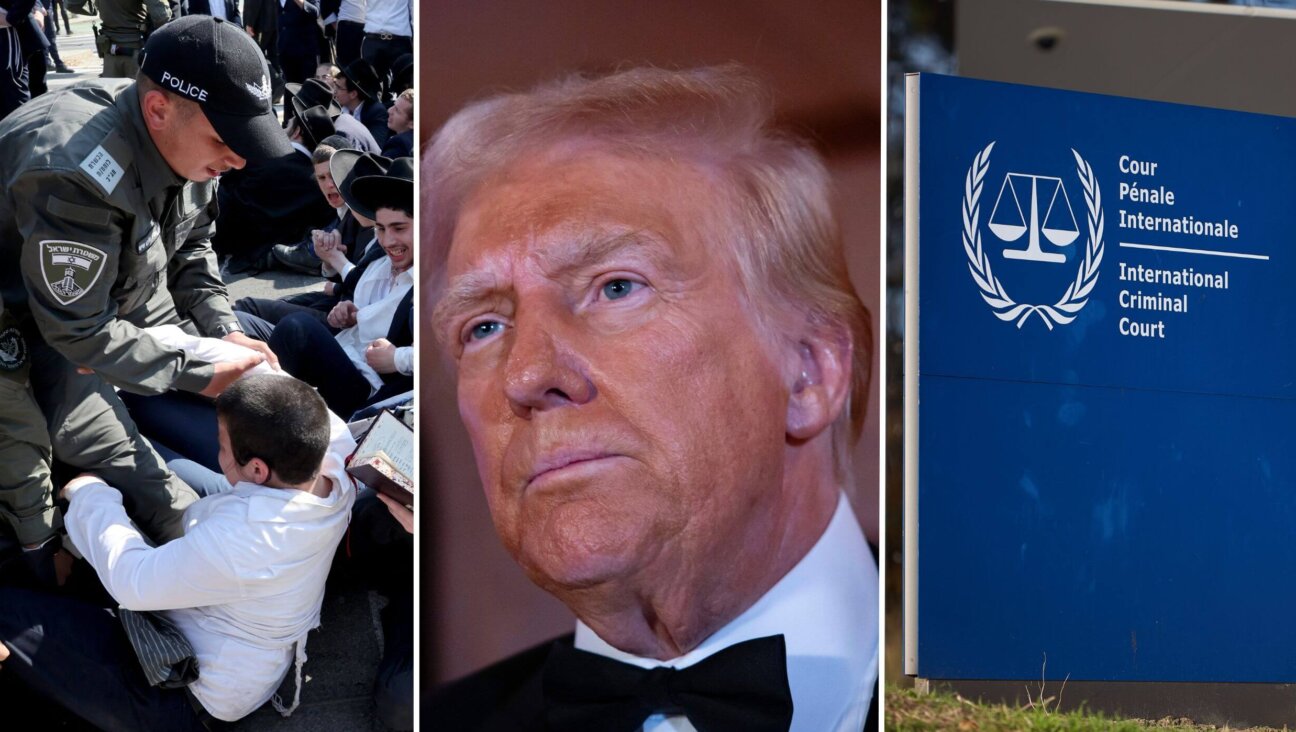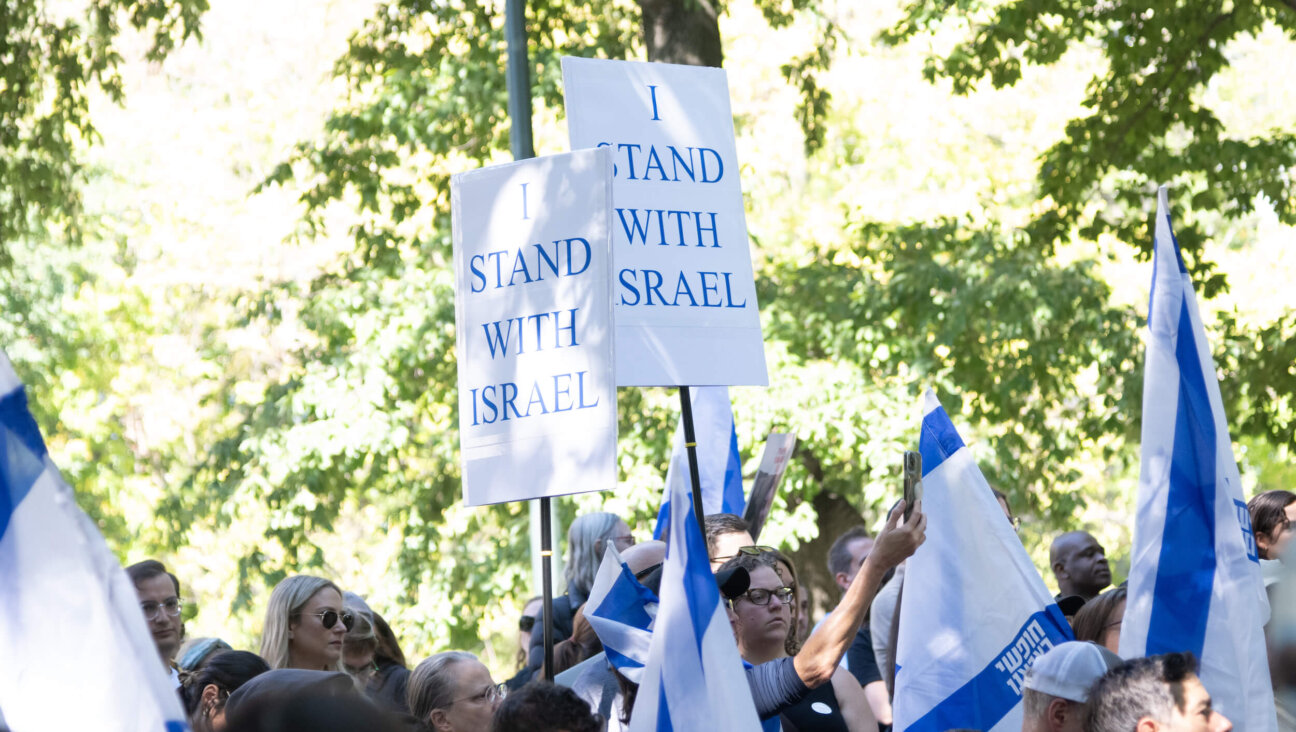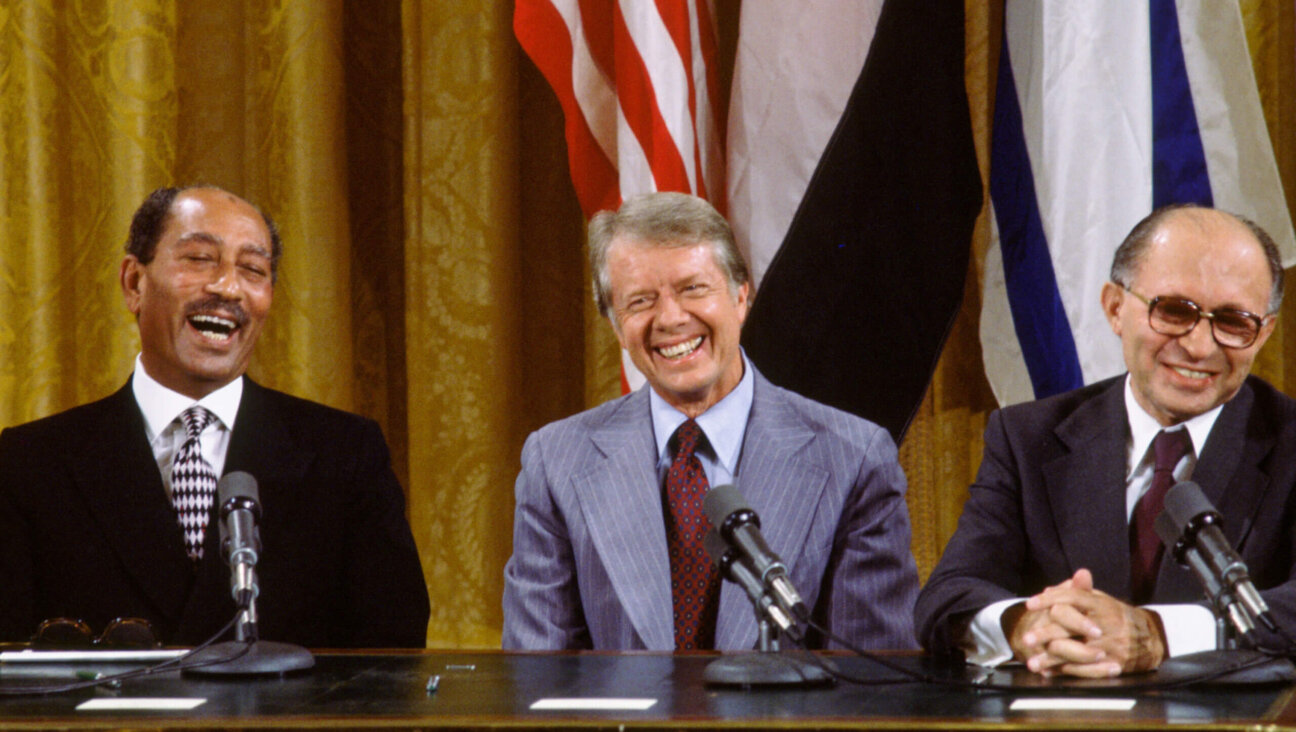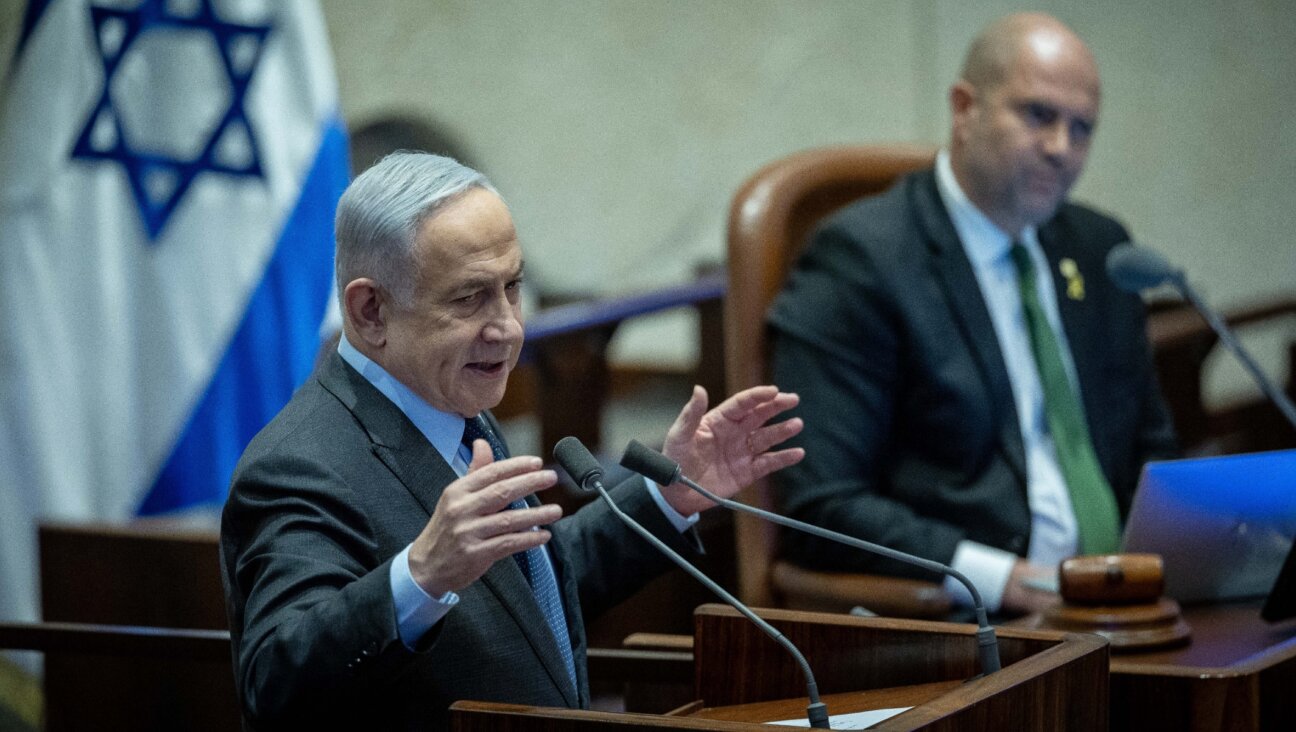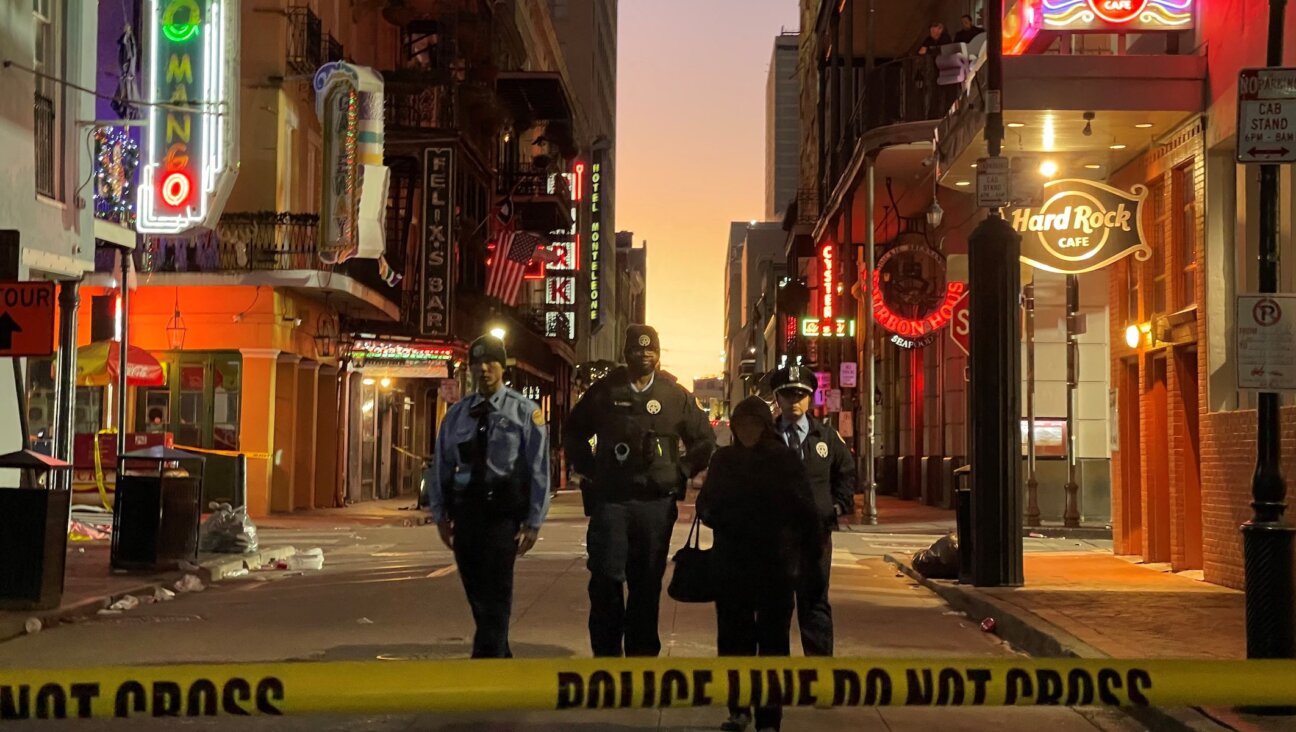16 Words for John Roberts
‘At a time when we see around the world the violent consequences of the assumption of religious authority by government, Americans may count themselves fortunate: Our regard for constitutional boundaries has protected us from similar travails, while allowing private religious exercise to flourish… Americans attend their places of worship more often than do citizens of other developed nations, and describe religion as playing an especially important role in their lives. Those who would renegotiate the boundaries between church and state must therefore answer a difficult question: Why would we trade a system that has served us so well for one that has served others so poorly?”
Those are the words of Justice Sandra Day O’Connor in the recently decided McCreary County vs. American Civil Liberties Union of Kentucky. It is doubtful that the contemporary case for preservation of the strict wall of separation between church and state has ever been more succinctly or more precisely stated.
While listening to NPR and CNN in the days after the nomination of Judge John Roberts as O’Connor’s replacement, one might reasonably conclude that the only issues of consequence to which we ought to be paying attention are abortion and, to a much lesser degree, affirmative action. Almost entirely absent from any of the commentary has been the First Amendment’s guarantee of religious freedom and the string of court decisions that has followed therefrom.
Yet one can fairly argue that no feature of the American constitutional and judicial landscape has had a greater impact on America’s Jews, has made a more powerful contribution toward enabling Jewish safety and success in this country. Nor are Jews lonely beneficiaries: America’s distinctive religiosity, just as O’Connor’s words assert, flows quite directly from its distinctive constitutional mandate as embodied in the First Amendment and in two centuries of decisions by the Supreme Court.
Other issues matter, of course. But no list of issues, on which members of the Senate Judiciary Committee should be encouraged vigorously to question Roberts, can be complete if it does not include close questioning on the two key clauses of the First Amendment, the Establishment Clause and the Free Exercise Clause. Here is the whole of it: “Congress shall make no law respecting an establishment of religion, or prohibiting the free exercise thereof.”
These fateful, if somewhat cryptic, 16 words are the rock on which the separation of church and state uneasily rests; that separation is the very first of the freedoms guaranteed by the Bill of Rights. (The First Amendment then goes on to guarantee freedom of speech, of the press and of assembly, as well as the right of the people to petition for a redress of their grievances.)
It was Thomas Jefferson who, most notably in an 1802 letter, introduced the concept of “a wall of separation”: “Believing with you that religion is a matter which lies solely between man and his god, that he owes account to none other for his faith or his worship, that the legitimate powers of government reach actions only, and not opinions, I contemplate with sovereign reverence that act of the whole American people which declared that their legislature should make no law respecting an establishment of religion, or prohibiting the free exercise thereof, thus building a wall of separation between church and state.”
There is very considerable jurisprudence on the meaning of the First Amendment, and lately some of the Supreme Court votes have been very close. Thus it is not possible to infer whether the wall still stands firmly or has begun to crumble. That is why it is so important that Roberts be questioned, and closely, regarding his views.
And here we have a clear case regarding constitutional construction. The language of the framers was cryptic, but their intent was plain. Departures from that intent amount to “judicial activism.” It is surely fair to ask the nominee how he sees the Supreme Court’s tradition on church-state separation, how he sees the necessary balance between the Free Exercise Clause and the Establishment Clause.
Especially these days, as President Bush’s faith-based initiatives are gaining traction — because Congress has failed to enact these initiatives into law, more via administrative regulation than by congressional action — and procedures quite unthinkable just a decade ago are now accepted as routine, a nominee’s views on church-state are of more than casual interest. And in the case of Roberts, they take on added importance: As deputy solicitor general — for policy, no less — he wrote the briefs that argued for prayer at public school graduations and for weakening the test the court used for resolving Establishment Clause violations.
Because close questioning on church-state separation ought to rank in the first tier of issues to be considered by the Senate, the absence of any reference thereto in the first days following the nomination is an ominous omission; it suggests that all’s settled and well on the religious front, that we can take the wall of separation for granted.
But the fact is that neither the court itself nor public opinion can be viewed as settled. School prayer, charitable choice, the proselytizing activities at the U.S. Air Force Academy, even the idea of a wall of separation are matters of intense debate, spurred on by the manifest Christianization of America. And religious views then insidiously spill over into the debates about evolution, stem-cell research, gay rights and more; all these are affected, and many infected, by inappropriate religious argument and by a radical misunderstanding of the First Amendment.
What better time is there to re-educate the American people on the source of the religious freedom we here enjoy than during the confirmation hearing of a nominee to the Supreme Court?
A message from our Publisher & CEO Rachel Fishman Feddersen

I hope you appreciated this article. Before you go, I’d like to ask you to please support the Forward’s award-winning, nonprofit journalism so that we can be prepared for whatever news 2025 brings.
At a time when other newsrooms are closing or cutting back, the Forward has removed its paywall and invested additional resources to report on the ground from Israel and around the U.S. on the impact of the war, rising antisemitism and polarized discourse.
Readers like you make it all possible. Support our work by becoming a Forward Member and connect with our journalism and your community.
— Rachel Fishman Feddersen, Publisher and CEO







